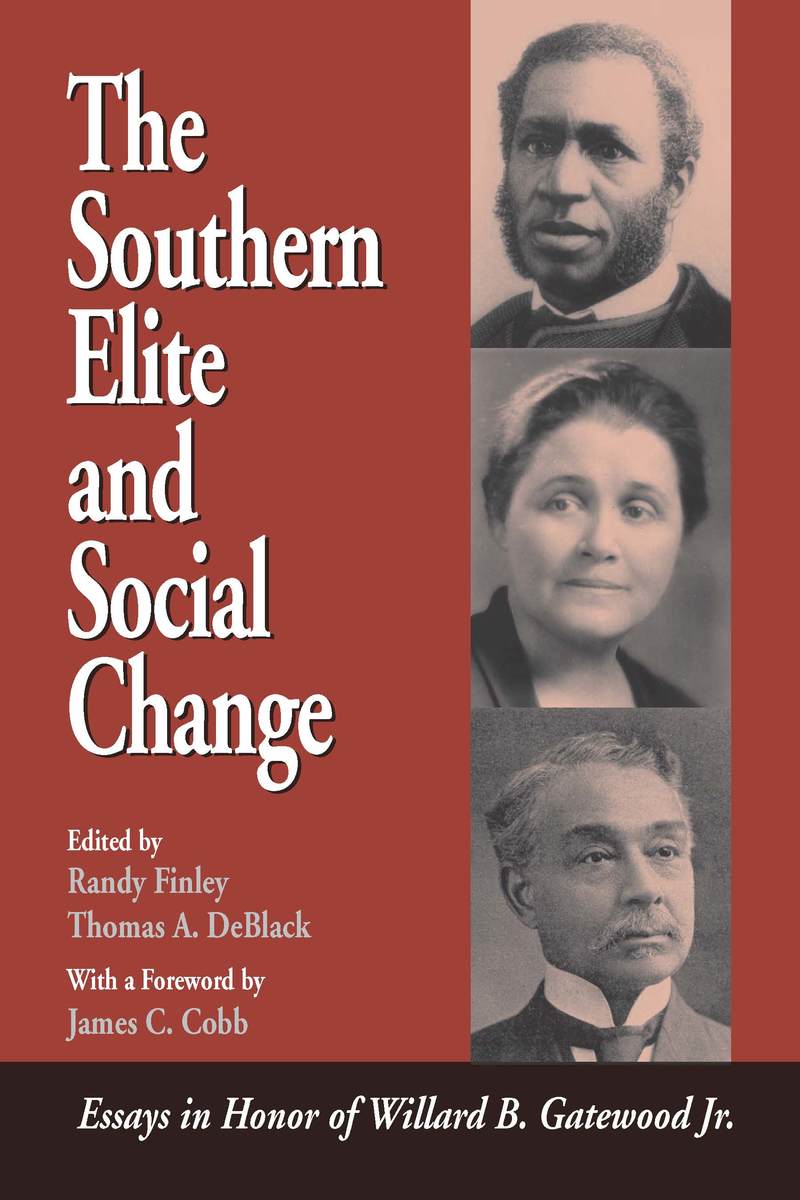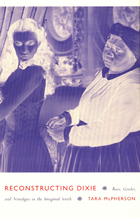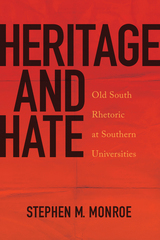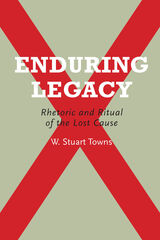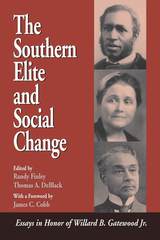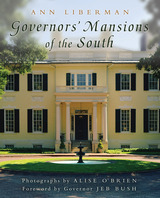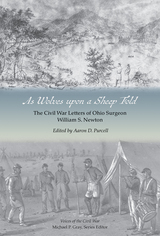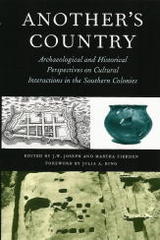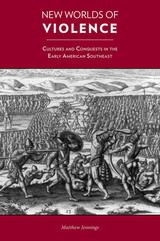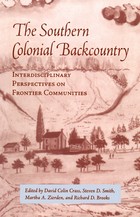The Southern Elite and Social Change: Essays in Honor of Willard B. Gatewood, Jr.
University of Arkansas Press, 2002
Paper: 978-1-55728-720-5 | eISBN: 978-1-61075-390-6
Library of Congress Classification F209.5.S67 2002
Dewey Decimal Classification 305.52092275
Paper: 978-1-55728-720-5 | eISBN: 978-1-61075-390-6
Library of Congress Classification F209.5.S67 2002
Dewey Decimal Classification 305.52092275
ABOUT THIS BOOK | AUTHOR BIOGRAPHY | TOC | REQUEST ACCESSIBLE FILE
ABOUT THIS BOOK
Elites have shaped southern life and communities, argues the distinguished historian Willard Gatewood. These essays—written by Gatewood's colleagues and former students in his honor—explore the influence of particular elites in the South from the American Revolution to the Little Rock integration crisis. They discuss not only the power of elites to shape the experiences of the ordinary people, but the tensions and negotiations between elites in a particular locale, whether those elites were white or black, urban or rural, or male or female. Subjects include the particular kinds of power available to black elites in Savannah, Georgia, during the American Revolution; the transformation of a southern secessionist into an anti-slavery activist during the Civil War; a Tenessee "aristocrat of color" active in politics from Reconstruction to World War II; middle-class Southern women, both black and white, in the New Deal and the Little Rock integration crisis; and the different brands of paternalism in Arkansas plantations during the Jacksonian and Jim Crow eras and in the postwar Georgia carpet industry.
See other books on: Elite (Social sciences) | Finley, Randy | Honor | Jr | Social change
See other titles from University of Arkansas Press
